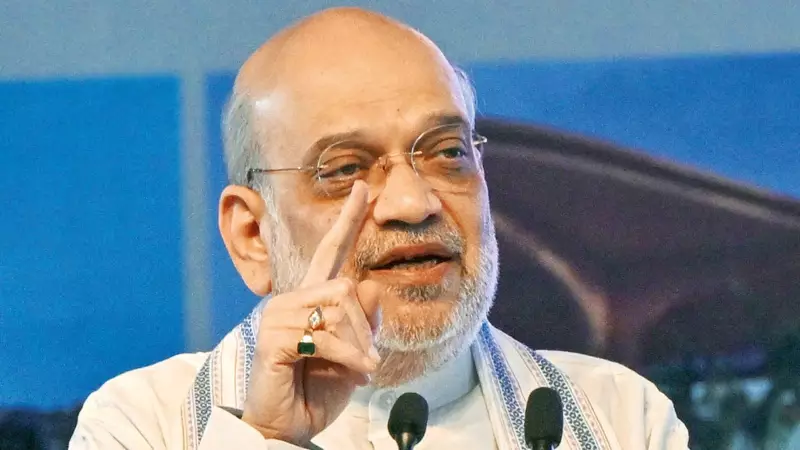
Amit Shah's Linguistic Gesture Towards Kerala MP
In a significant departure from his usual communication style, Union Home Minister Amit Shah has surprised political circles by sending an acknowledgement in Malayalam to Rajya Sabha MP John Brittas from Kerala. The gesture, which occurred in November 2025, marks a notable shift for the Home Minister who had previously faced criticism from southern opposition leaders for what they termed as linguistic parochialism.
The Unexpected Acknowledgement
The CPI(M) parliamentarian received the surprise response after having sent an official letter to the Union Home Minister. What made this bureaucratic exchange remarkable was Shah's decision to respond in the native language of Kerala, rather than the more commonly used Hindi or English for official communications. This development gains additional significance given Brittas's previous linguistic stance - the MP had earlier replied in Malayalam to Ravneet Singh Bittu, Minister of State for Railways and Food Processing, after receiving an official response in Hindi from the minister.
Political Implications and Interpretations
Political analysts are divided in their interpretation of this linguistic gesture. Some observers believe that Shah's move was strategically timed, considering the upcoming elections in southern states where language has often been a sensitive political issue. Others view it as part of a broader image makeover effort by the central government to project a more inclusive approach toward regional languages and cultures.
The timing of this development is particularly interesting given the recent political narrative building that contributed to the NDA's campaign in Bihar. Party insiders revealed that a book released in March 2024 titled Broken Promises: Caste, Crime and Politics in Bihar by BJP leader Mrityunjay Sharma played a crucial role in building the jungle raj narrative against the RJD. The book chronicled Bihar's journey during 1990-2005, providing campaign material for BJP workers.
Opposition Reaction and Internal Assessment
Meanwhile, the Congress party, shocked by its defeat in the Bihar elections, has initiated an internal assessment process. The party has directed its three poll observers - Ashok Gehlot, Bhupesh Baghel, and Adhir Ranjan Chowdhury - to prepare detailed reports analyzing the reasons behind the electoral setback. Sources indicate that losing candidates have been particularly vocal in their criticism of the party's Bihar leadership during these internal discussions.
As political parties recalibrate their strategies, Shah's linguistic outreach to a Kerala MP signals potential shifts in political communication approaches, particularly in states where regional language identity remains a powerful political force.





